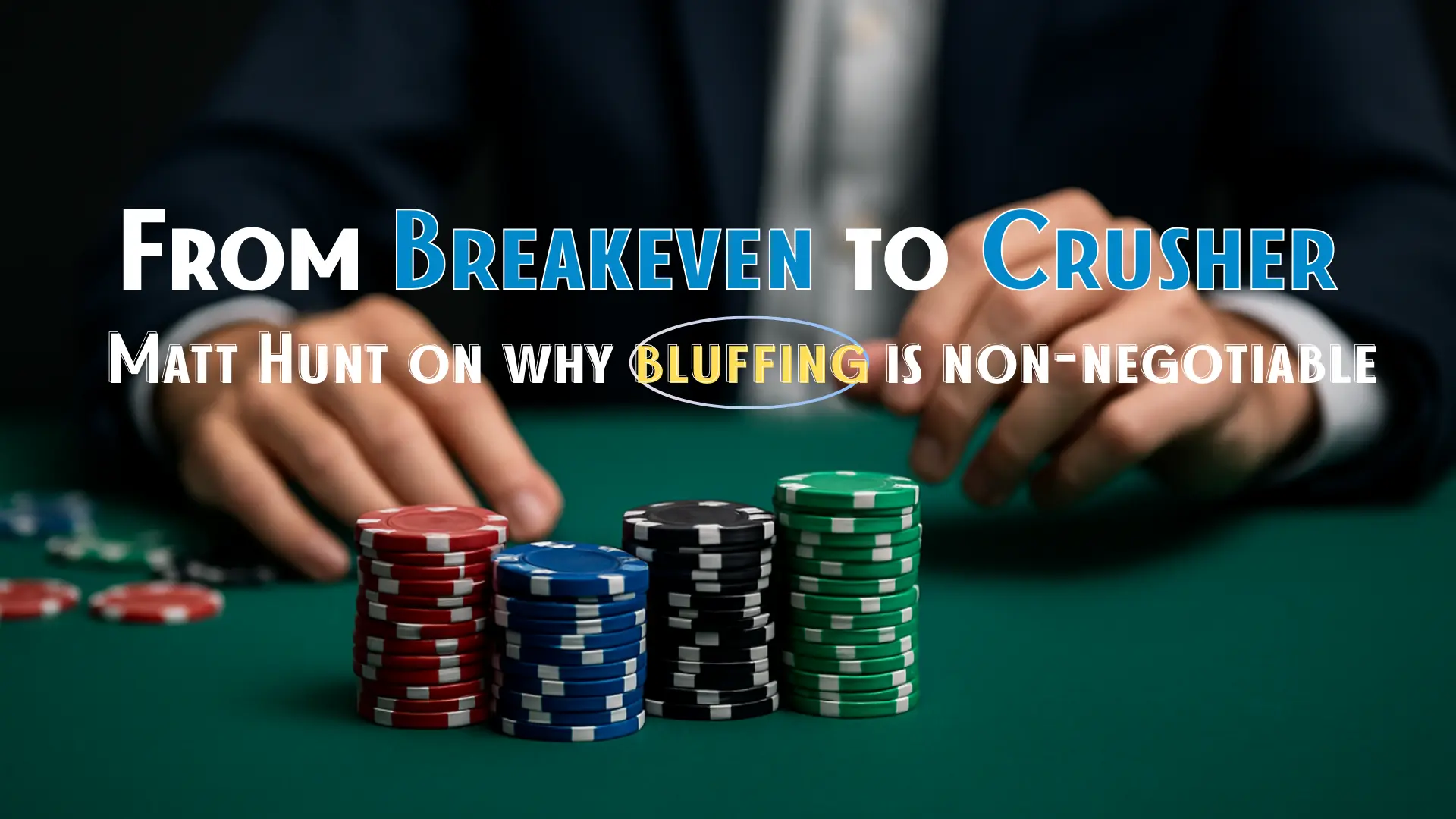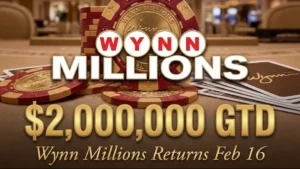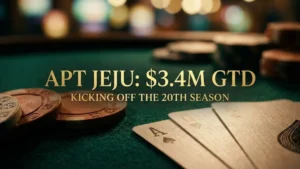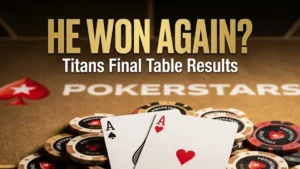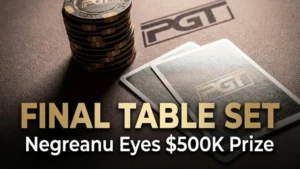For many players stuck around breakeven, the dream is always the same: get paid when holding strong hands, yet see every bluff go through uncontested. As poker coach Matt Hunt points out, the game simply doesn’t work that way. To earn maximum value from your best holdings, you must sometimes allow your bluffs to be called.
Why Bluffing Matters
Hunt stresses that bluffing is not a luxury but a necessity. Without it, opponents quickly recognize you as a player who only bets when strong, and they stop paying you off. Each bluff, he explains, is an investment—it convinces the table that you are capable of showing up light, which in turn makes your value bets profitable.
The Breakeven Mindset
According to Hunt, many players remain stuck because of a flawed expectation:
“I want people to pay me when I have a hand, but fold when I don’t.”
The reality is the opposite. If opponents never call your bluffs, they won’t reward your strong hands either. Balancing both sides is what creates long-term success.
Putting Theory Into Practice
To illustrate, Hunt draws on real examples from his own sessions. In some spots, a thin value bet on earlier streets evolves into a well-timed bluff on the river. In others, pressure applied in three-bet pots turns marginal situations into winning ones. Over time, these decisions improve non-showdown results and shift a player from stagnant to profitable.
The key is awareness: recognizing where your opponents fail to bluff enough, where they tend to over-fold, and whether you actively consider turning certain holdings into bluffs when situations call for it.
Dealing With Opponents Who Don’t Fold
What about players who call too often? Hunt notes that everyone has a breaking point. If they refuse to fold preflop, they may give up later. If they call the flop, they may release on the turn or river. And if they truly never fold at all, the answer is simple—stop bluffing and value bet relentlessly.
When folds don’t come, Hunt suggests reviewing whether early-street play is too predictable or if bet sizes are poorly calibrated. Adjusting these factors often makes the difference between frustration and profit.
From Even to Ahead
The lesson is clear: bluffing is not an optional extra but a cornerstone of winning poker. Players who accept this, and who learn to strike the right balance, unlock a level of consistency that moves them beyond breakeven. What feels risky in the short term is often the very adjustment that turns a plateauing player into a true contender.
